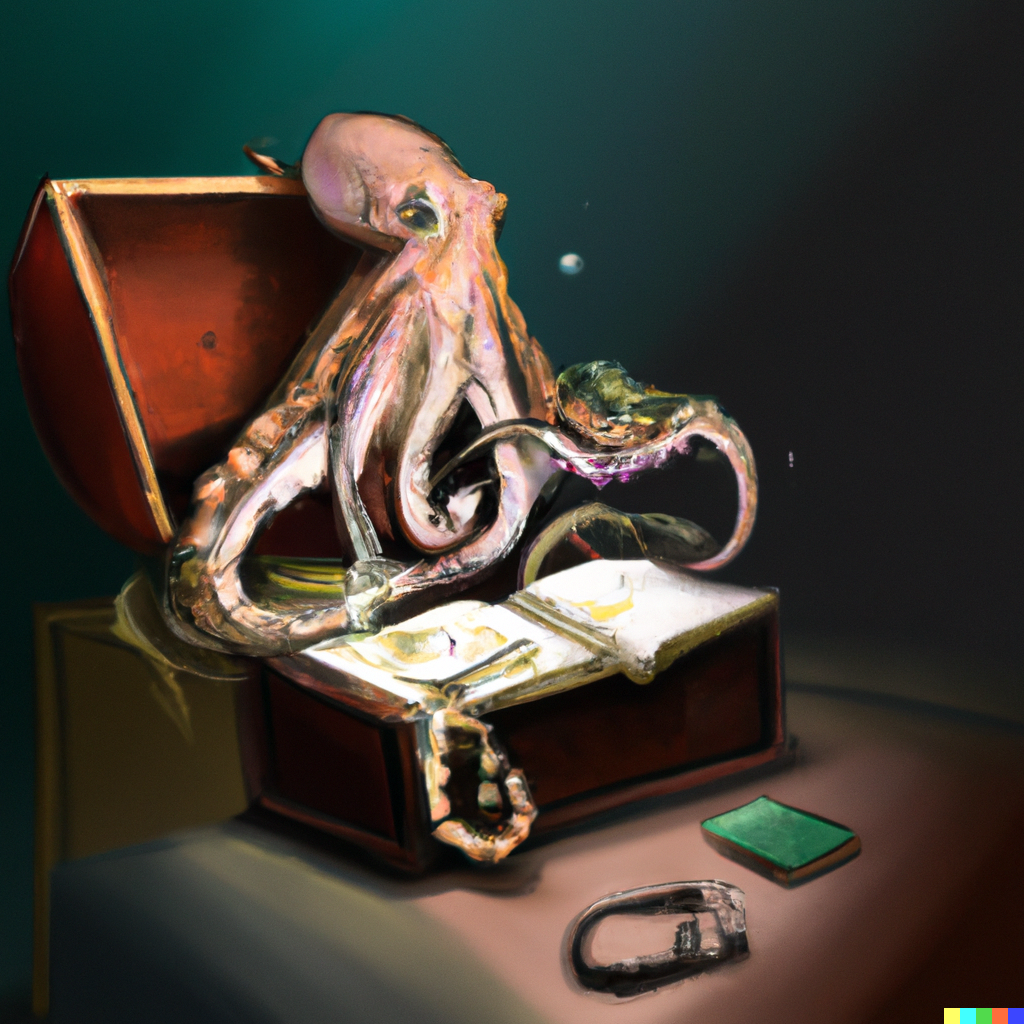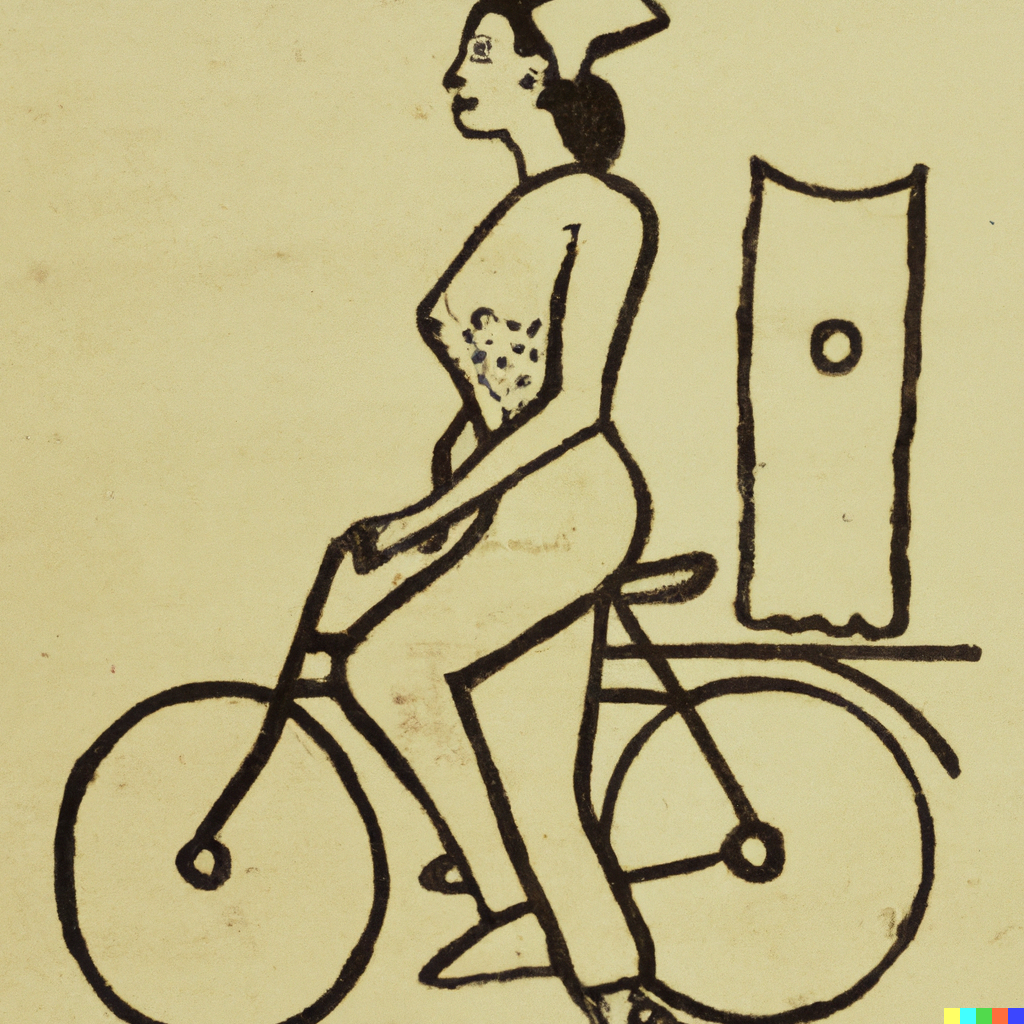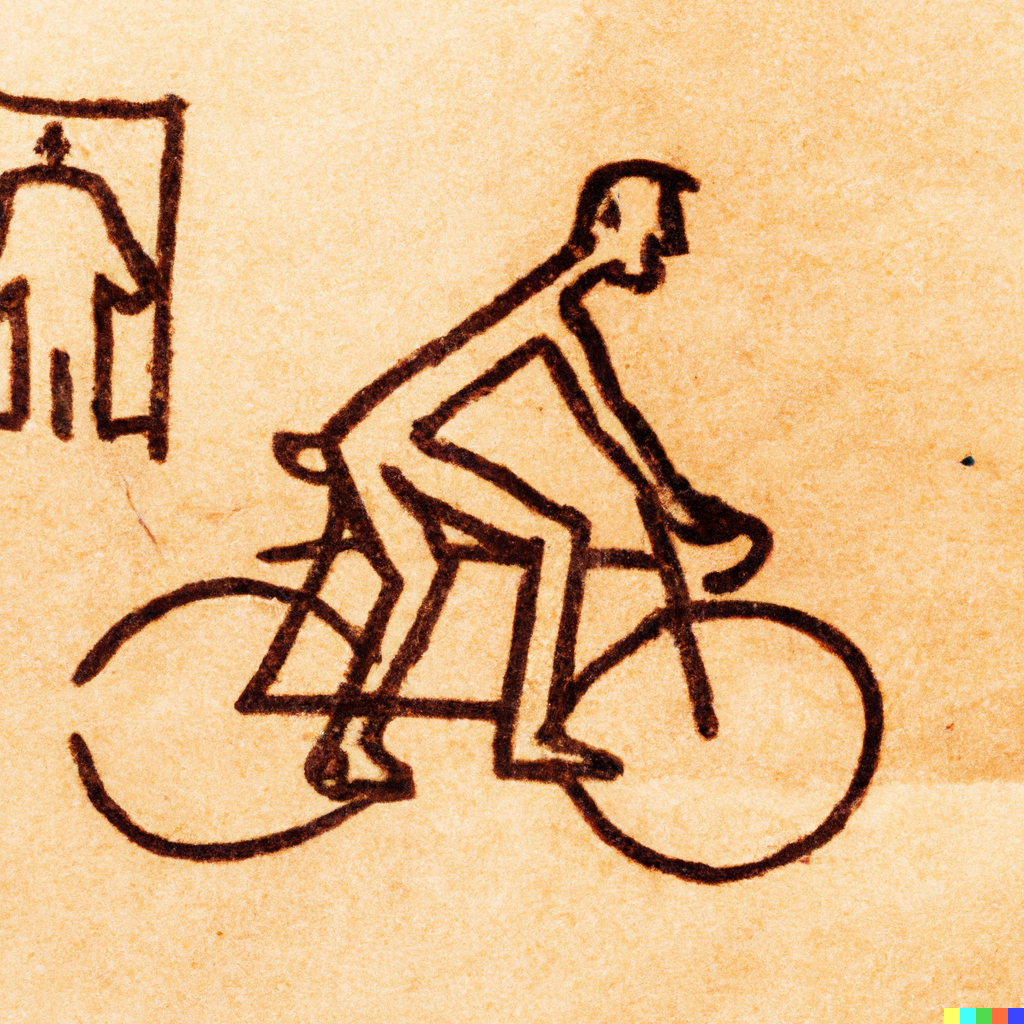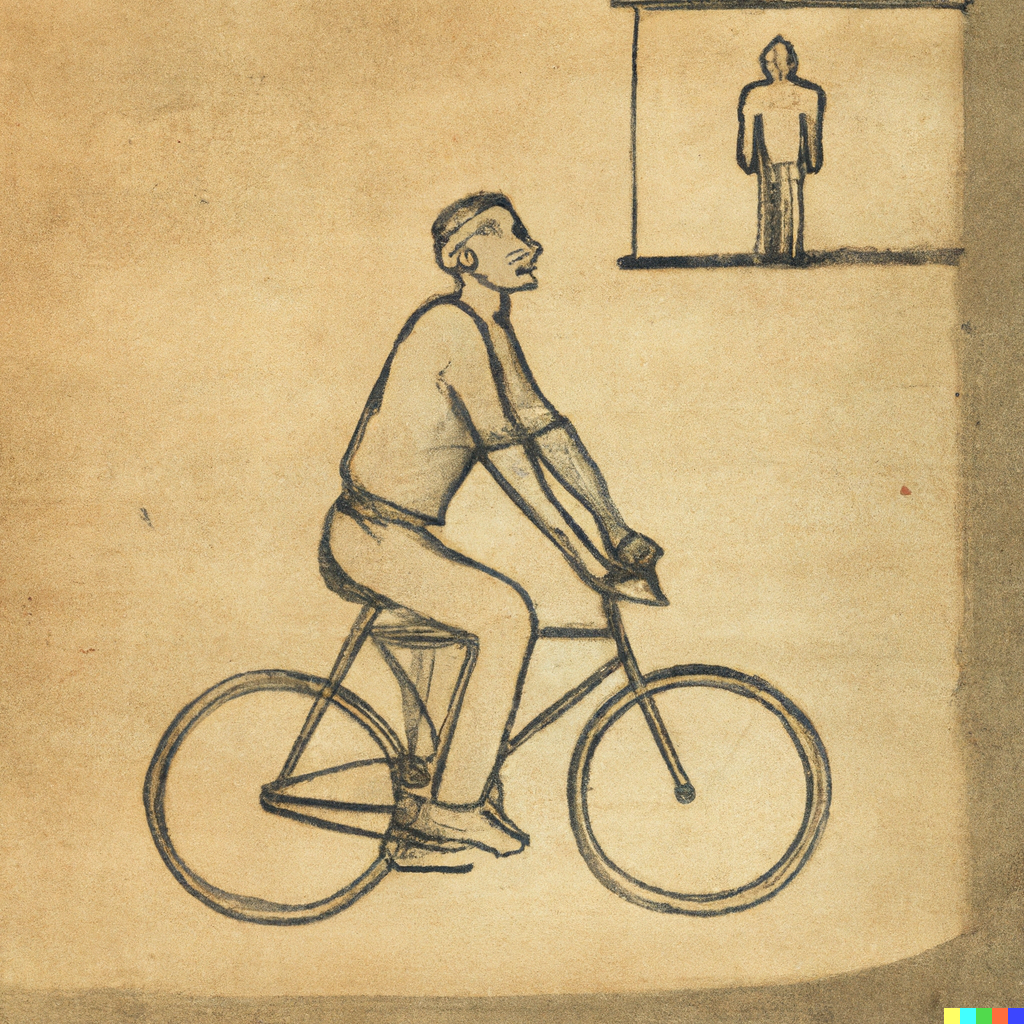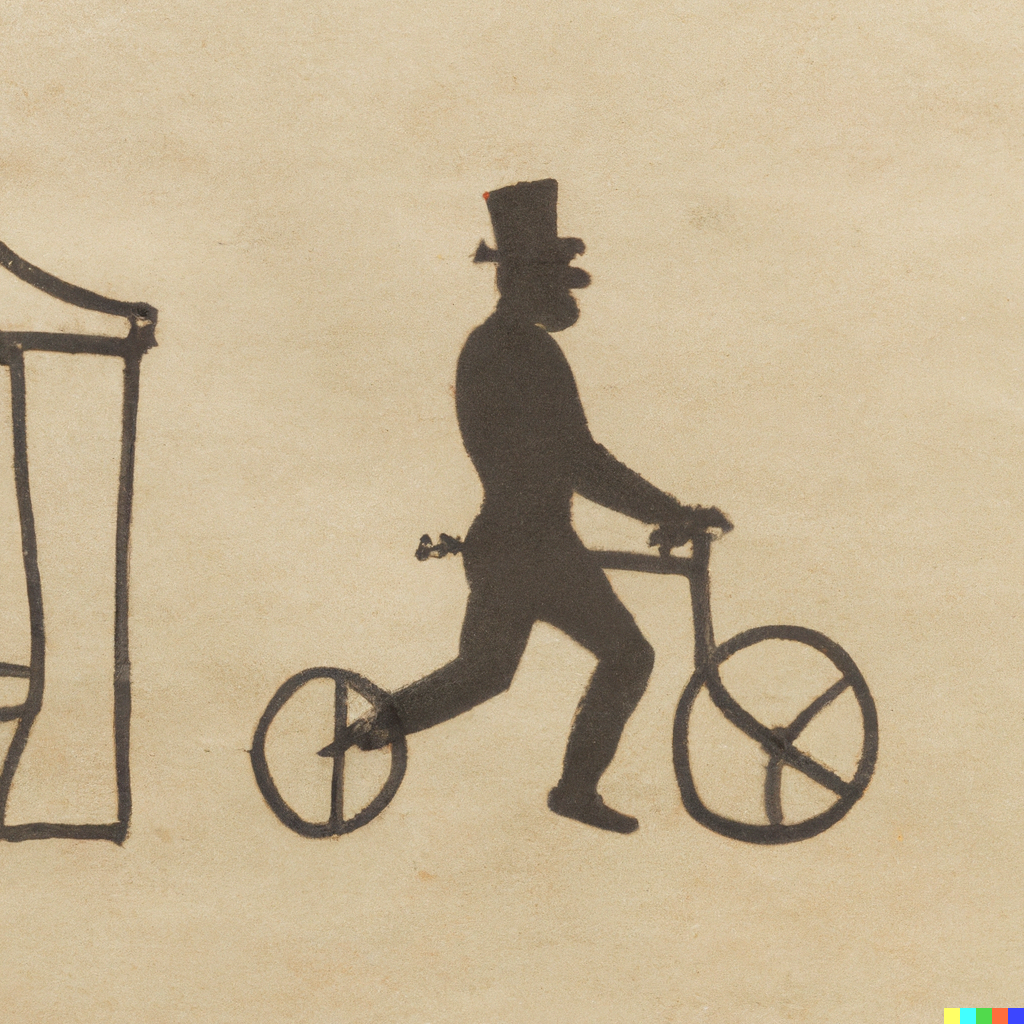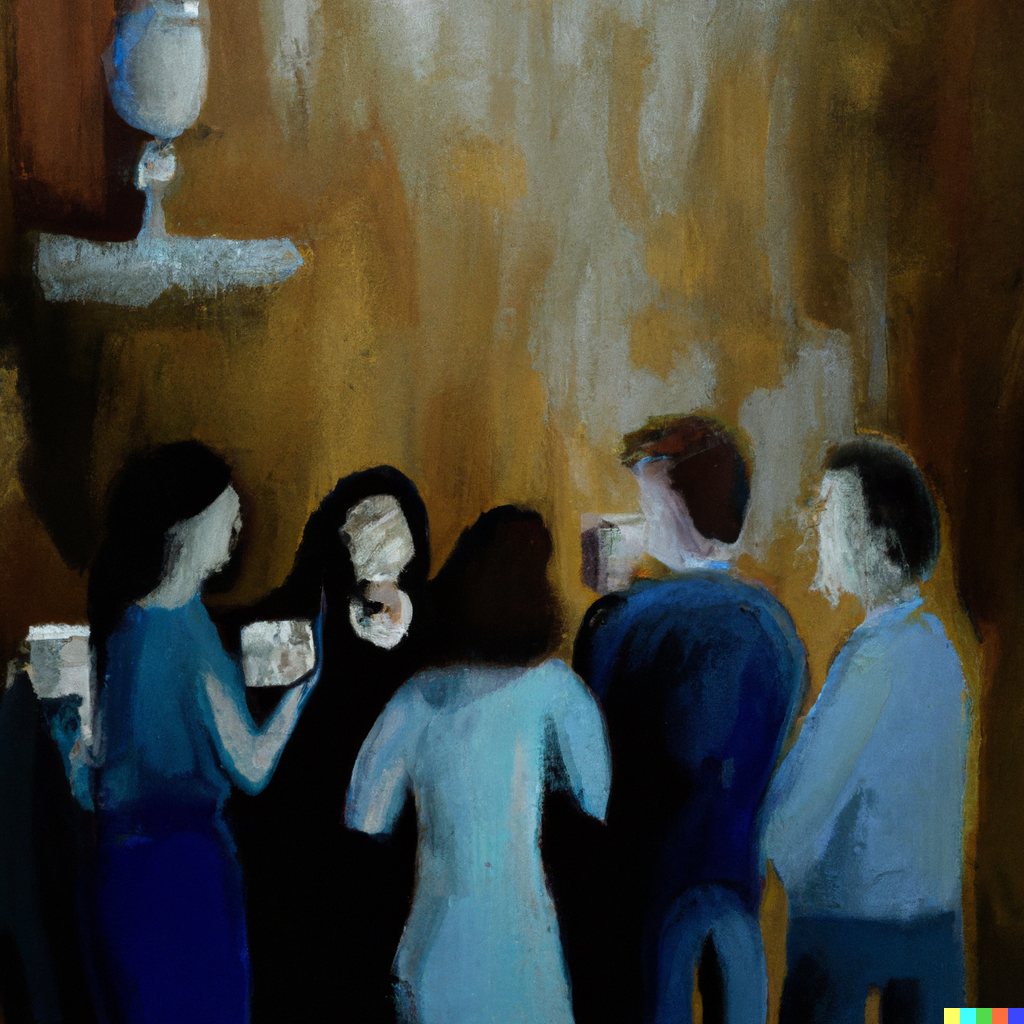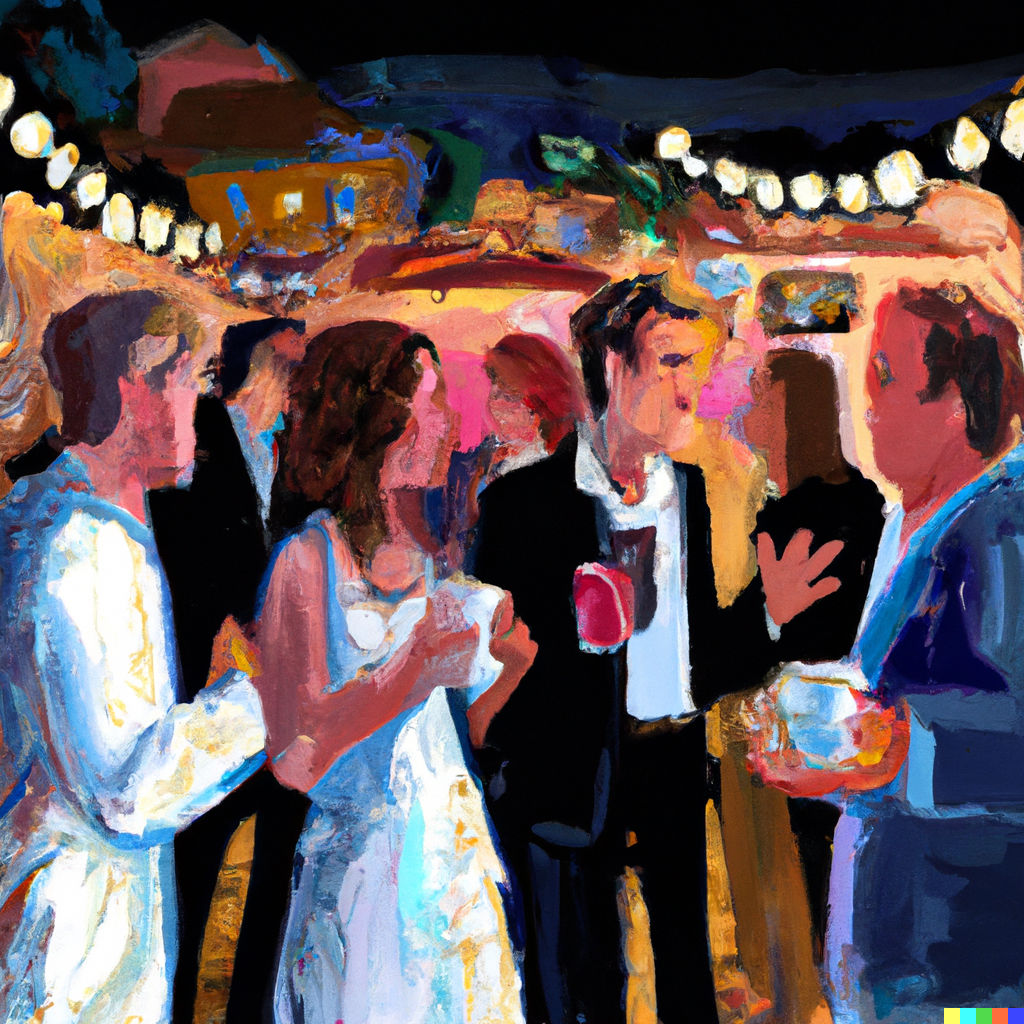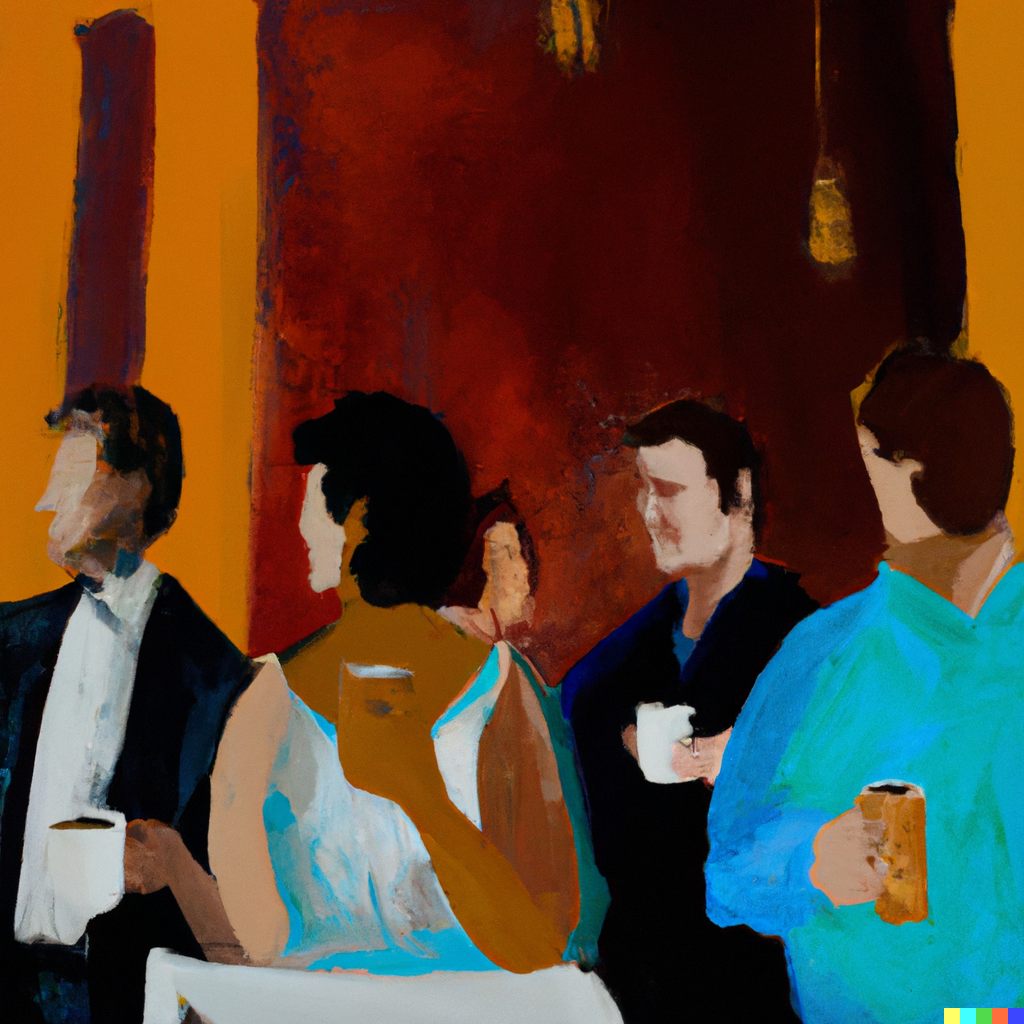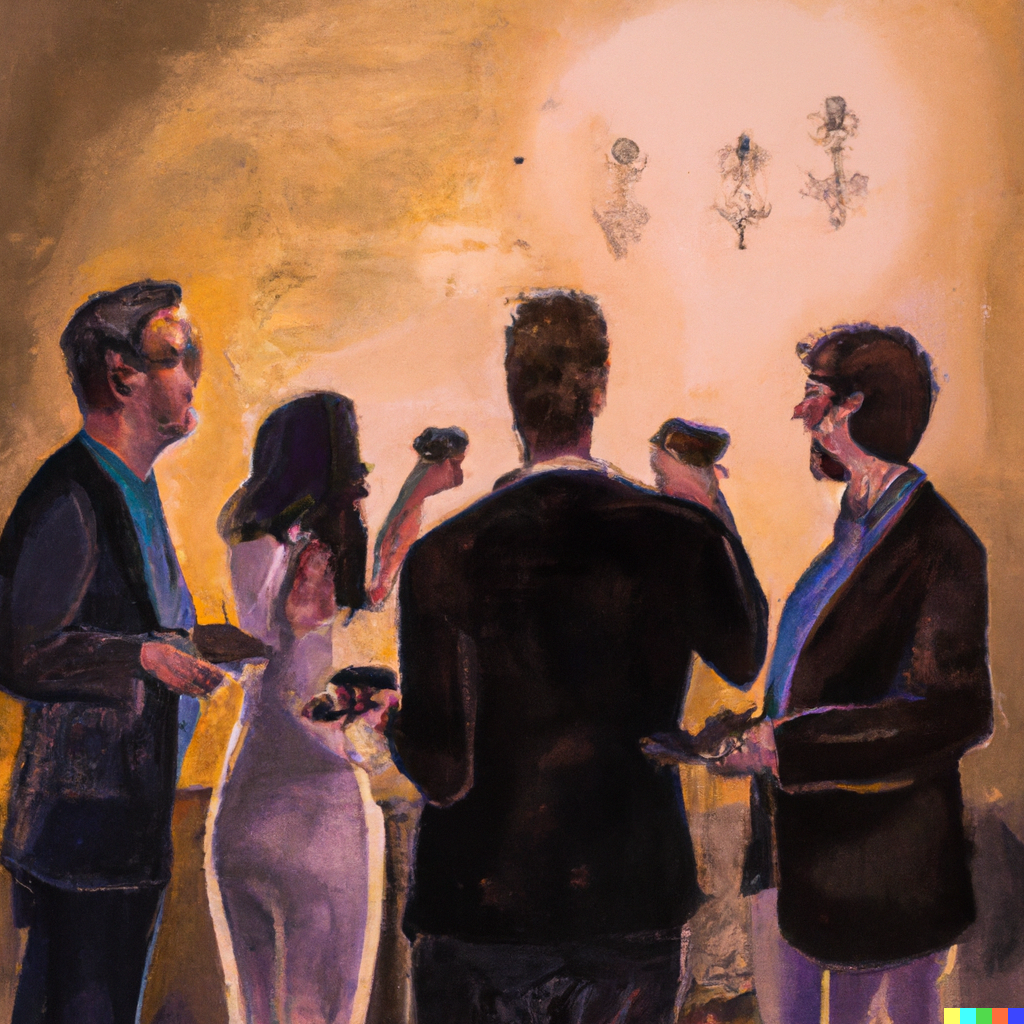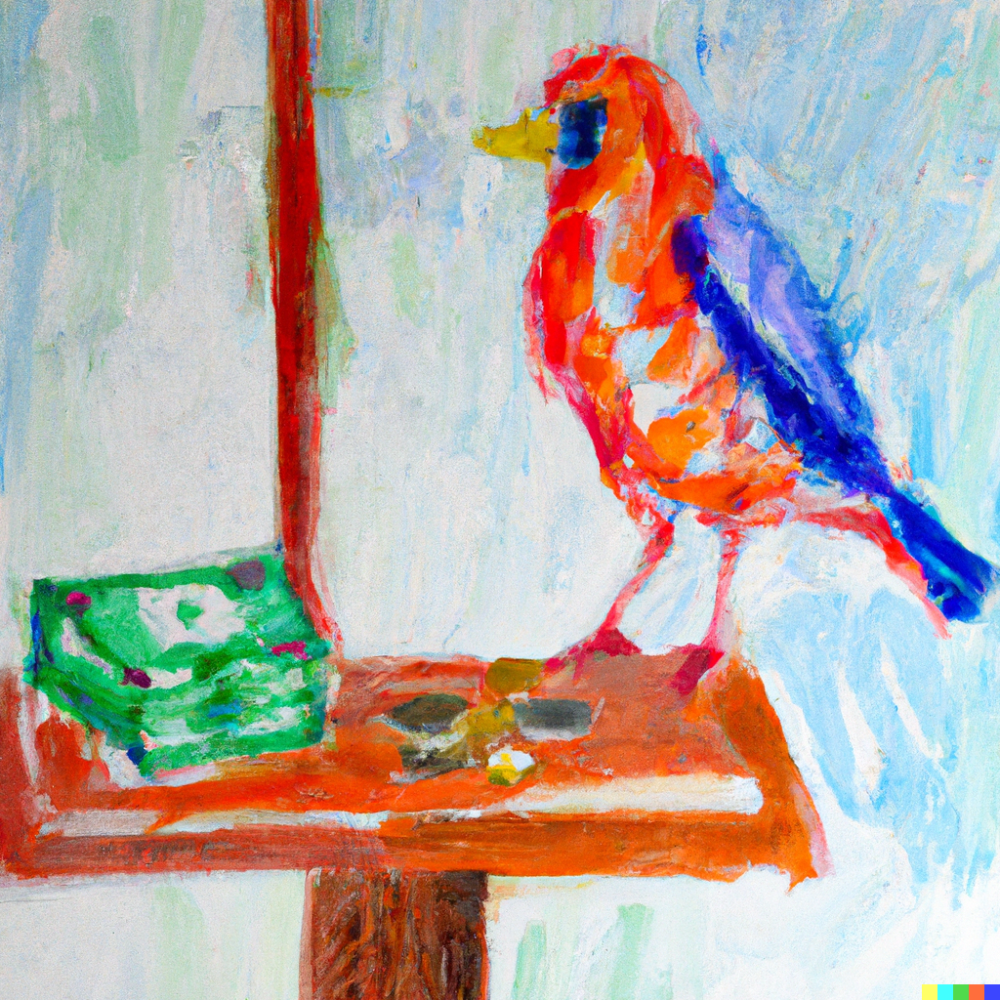What I’ve been reading this month
I’ve six books to tell you about this month, most of which were really excellent.
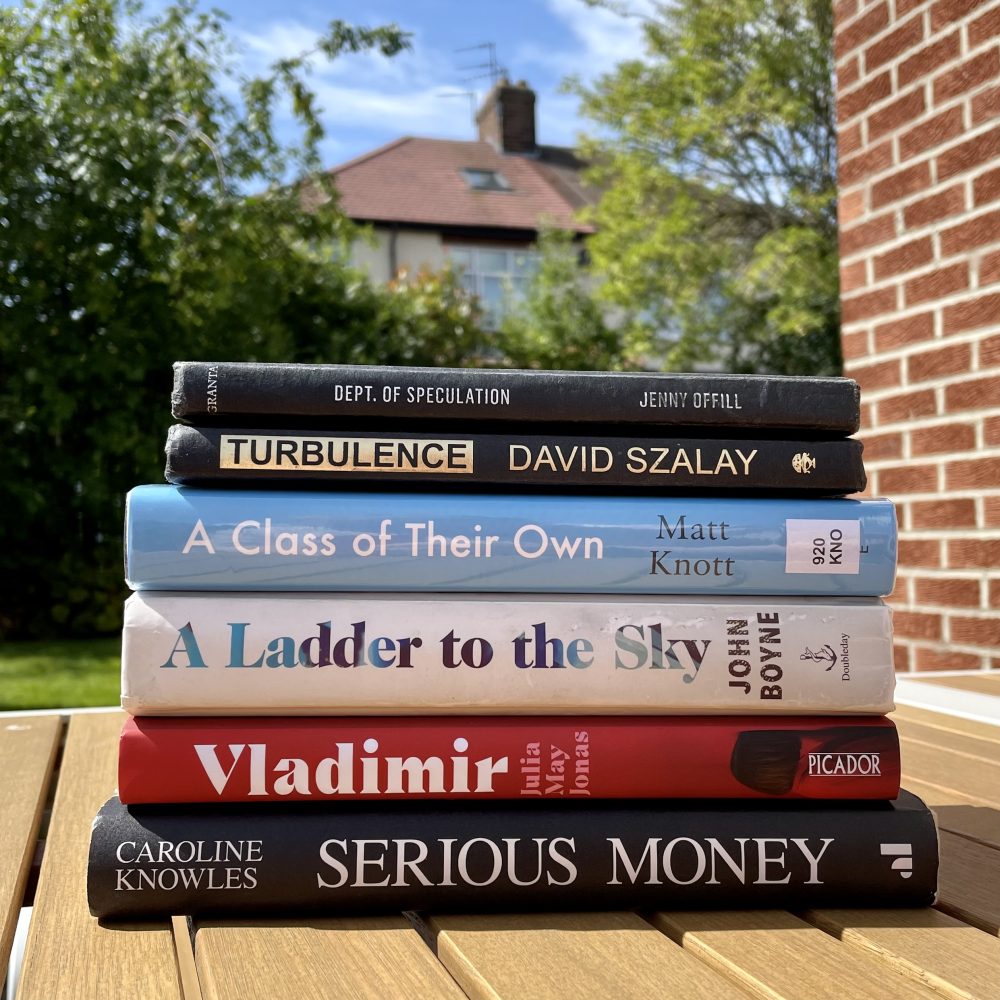
A Ladder to the Sky by John Boyne
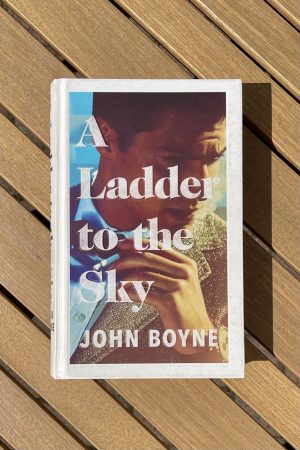
This 2018 novel follows the complicated life of novelist from his early 20s onwards. It is divided into three longer sections and two interludes, each of which has a different narrator, with the central character himself narrating the final section.
I’ve previously read three of Boyne’s novels (The Heart’s Invisible Furies, The Echo Chamber and The Second Child) and while I’ve enjoyed them all, the latter two didn’t quite live up to The Heart’s Invisible Furies, which I thought was truly exceptional. This book had a broadly similar biographical structure to The Heart’s Invisible Furies, and similar threads of humour and literary chatter, and even a mention of Maude Avery—a favourite character.
I enjoyed A Ladder to the Sky enormously, but it too didn’t quite live up to its predecessor.
Its recurring themes of ‘ownership’ of stories and differing interpretations of events depending on perspective were pointed out repeatedly and a little heavy-handedly for my liking. There was a lack of subtlety throughout, in a way that reminded me of some of Jeffrey Archer’s fiction. I haven’t quite untangled in my own mind whether that was an authorial choice meant to reflect unsubtle aspects of the protagonist’s character, or something less considered, but I found it a bit wearing at times.
But really, this is nit-picking. Even where plot points were unsubtly telegraphed way in advance, I still raced through the book anticipating each dénouement. I wouldn’t hesitate to read more of Boyne’s novels.
Vladimir by Julia May Jonas

This recently published novel concerns a relationship between an English professor and her recently appointed younger colleague. This is also the story of her troubled relationship with her husband, also a professor, who is under investigation for several historical relationships with his female students, conducted with her knowledge.
Vladimir is beautifully written, dark and exhilarating. It explores many contemporary questions, especially around shame, power and sexual consent. It has a bleak, cynical wit to it, and has a page-turning thriller-ish aspect to it.
I devoured it.
Dept. of Speculation by Jenny Offill
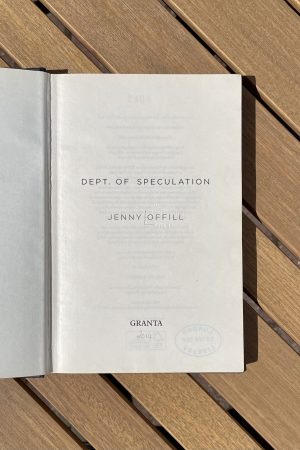
This 2014 novel has been on my “to read” list for years. It is a short novel (179 pages) which provides a portrait of a marriage: there is some plot, but not a huge amount of it, and it is very much in the background.
Reading the blurb, I had completely misunderstood that this was an epistolary novel consisting of letters between a husband and wife. It isn’t. It is written in an unusual form, consisting of short thoughts and ruminations from the point of view of the unnamed “wife” character. In the second half of the book, the narration shifts to be apparently third-person, though I think this is intended to reflect a shift in how the character sees herself, rather than a genuine change in narrative perspective.
I found this structure interesting, insightful and enjoyable. Experimental forms are sometimes a bit of a slog, but that certainly wasn’t the case here.
This has left me keen to explore more of Offill’s work.
Turbulence by David Szalay
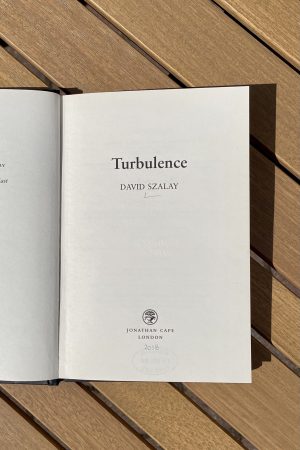
I read Szalay’s Booker-nominated All That Man Is back in 2018, and didn’t really think much of it: it seemed to be nine well-written, thematically connected stories, but it didn’t live up to being anything more than that.
Perhaps because I went into Turbulence, published in 2019, with a more open mind, I enjoyed it much more. It is a similar concept: twelve short stories about people going through “turbulent” times in their lives, their stories interconnected through aeroplane flights. Each of the short stories was immediately evocative of its setting and mood. The ways the stories interacted with one another pulled off that wonderful narrative trick of convincing the reader that the characters’ lives extend before and after the story we’re told.
I didn’t get any wider, grander theme from this book, but unlike All That Man Is, I wasn’t expecting to find one, so didn’t find the absence jarring. I really enjoyed reading this short book, and it makes me wonder whether I should reread the earlier book with different expectations.
Serious Money by Caroline Knowles

This book, based on a sociological research study, was published in May. Knowles walked around the wealthier parts of London and interviewed people who are found there. It was recommended in Tom Rowley’s newsletter as being “packed with sharply-observed insights into how the super-rich make their money and how they spend it. Gently written, with warmth and real curiosity.”
I’d agree with all of that. Knowles went well beyond simply describing the enormous privilege in which the super-rich are surrounded, and tried to genuinely understand the people and their world. One is left with the unavoidable impression that many of the super-rich are simply unaware of the real world, and most of them don’t seem especially kind nor friendly.
I expected the gaping inequality, and so was perhaps a little less shocked by that than the tone suggests I might be. What really depressed me about this book is the lack of imagination, the sheer mundanity of the everyday life of the people described. The sense of “keeping up with the Joneses” and the divisions between the “haves and have yachts” feels essentially grounded in the same envy as at other income levels. So much of the behaviour seemed to be driven by a sense of societal norms—we simply must have a swimming pool / country house / yacht because that’s what people would expect of those with our income.
I suppose I like to think—in the face of overwhelming evidence to the contrary—that if I had effectively unlimited means, then I’d spend my life trying to do something demonstrably worthwhile and leave the world a better place. I see that, to massive swathes of the world’s population, I do have effectively unlimited means, and yet, here I am, writing fairly shoddy and mostly unread book reviews rather than volunteering at the local soup kitchen. I suppose this book pierced my fantasy that my life would be different if I just had a little more money.
A Class of Their Own by Matt Knott
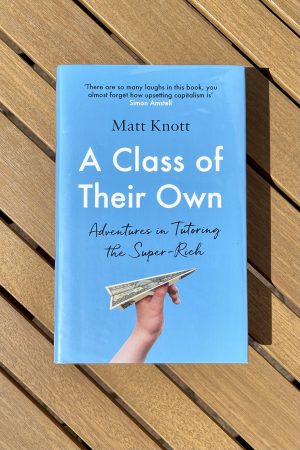
It was interesting to read this memoir, published in February, at the same time as Serious Money, as the two discuss broadly similar themes in entirely different ways. This book is the less successful of the two.
Matthew Hammett Knott is a Cambridge graduate, and this is his story of spending much of three academic years post-graduation as a private tutor to wealthy clients. The facts are a bit opaque: the blurb talks about “over a decade” spent tutoring—but while the events of the book take place over a decade ago, they cover only three years, and the end of the book leaves the impression of being the end of his tutoring career. The cover calls the author ‘Matt Knott’, while the book’s listing calls him ‘Matthew Hammett Knott’, which might just be a design thing, but—in the context of everything else—feels a bit like an attempt to draw a stronger dividing line between the hardly under-privileged author and his very upper-class clients.
The content is also a little odd. For a book which is notionally about tutoring children, references to sex are surprisingly frequent and occasionally jarring, and there is a surprising amount about the author’s early career as a writer.
The combination of the time that has passed since the events this describes, the strange content decisions and the opaque descriptions in the blurb make me wonder if this was originally written as a broader memoir. It may have been gradually beaten into a marketable shape by committee over many years, not wholly successfully.
This was easy to read, and occasionally very funny, but the overall sense I’m left with is a combination of puzzlement and suspicion, which is not really what I was looking for.
This post was filed under: What I've Been Reading, Caroline Knowles, David Szalay, Jenny Offill, John Boyne, Julia May Jonas, Matthew Hammett Knott.


